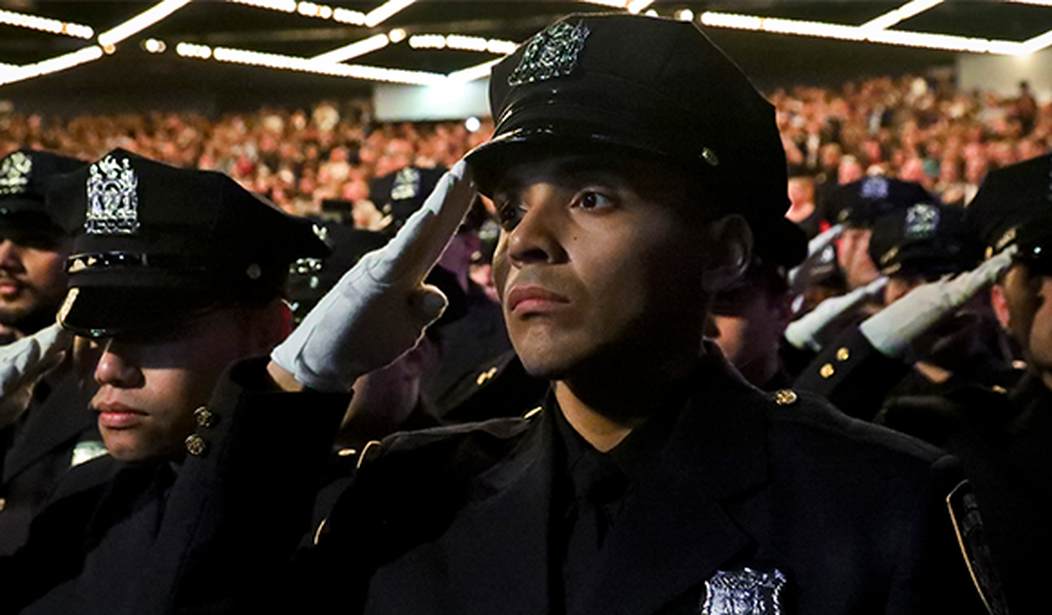In the immediate aftermath of the death of George Floyd–before the rights and all that–there was one issue that many Americans from both sides of the aisle agreed on for a change, and that was that maybe we should talk about police reform. No, not everyone agreed with what steps to take, which was why we needed the discussion, but we all figured something should happen.
Of course, then everything went off the rails and now at least half the country isn’t interested in talking about police reform so as not to empower the mob or whatever.
To be honest, I was one of those who thought maybe we should talk about some degree of police reform, perhaps in the form of better training and such. If I’d known police reform would come to this, though, I doubt I’d have even considered it.
I started reporting this article with a simple question: What would it look like to build a better police department from the ground up?
Police in the US, after all, are more likely to shoot and kill someone than their peers around the developed world, and disproportionately the victims are Black Americans. Meanwhile, serious crimes are often unsolved — with almost half of murders in 2020 going uncleared.
So I asked a dozen experts, focused on criminal justice, what could be done about this to build better police departments. They gave me a lot of different answers, with a consensus on more accountability, a greater focus on crime prevention and more serious offenses over minor ones, and support for non-police efforts to address root causes of crime, among other ideas.
But they consistently gave the same caveat: America’s gun problem. The US has the most civilian-owned firearms in the world, with more than one gun in circulation for every person. A bevy of research has linked greater gun ownership to more deadly violence in the US — and, America, relatedly, has the highest murder rate out of the world’s developed countries.
That would be a bevy of biased and debunked research, I should add.
Moving on…
For police, the huge number of guns in America also means that every single call is treated as if someone involved could be armed — and that an otherwise nonviolent wellness check, mental health call, or traffic stop could turn into a deadly encounter. US law generally allows police to use force because they merely perceive a threat, and the many firearms in civilian hands give police officers a reason to believe they’re in danger.
“It’s Schrödinger’s gun: It’s always there, but it’s not there until you see it,” Michael Sierra-Arévalo, a sociologist at the University of Texas Austin, told me. “That cost is borne by two parties: It’s borne by the public, when police make mistakes, and it’s borne by police themselves, when they’re attacked by firearms.”
So, of course, we need gun control to step in and disarm millions of law-abiding Americans in what would ultimately be futile because the criminals already have guns.
What’s hilarious to me is that much of the police response to the presence of guns, in general, could be argued to the gun control argument that every gun represents a threat to peace and domestic tranquility. They pushed that narrative for years and now they’re upset that it seems the police actually listened to them.
Look, part of the reason police respond as if every call may be violent isn’t that people are exercising their rights. It’s because there are violent people out there who want to kill the police.
If you want to de-escalate how the police respond to calls, then you need to start with de-escalating the need for officers to fear for their lives. There, the author and I agree. What we disagree on is whether violating people’s rights is the way to achieve that, and it’s not.
There are millions upon millions of firearms that have been stolen or purchased under illegal pretenses over the years in this country. Still more are manufactured with the intent for them to entire the illicit market. You’re not about to change that fact no matter what you do.
Instead of trying to disarm law-abiding citizens, the trick isn’t to focus on the guns, but the people. We know there’s a profound link between poverty and violent crime. Start there. Start with addressing poverty and you can stop millions of people from ending up as criminals. You can do that with free-market reforms that make it easier for people to start businesses. That creates jobs and opportunities.
Sure, not everyone will take it, but as more and more people do, more and more people rise up out of poverty.
But that’s a topic for a completely different site.
What is relevant, though, is that disarming law-abiding citizens is not the answer for any kind of police reform. Luckily, I don’t see either one happening in the near future.








Join the conversation as a VIP Member